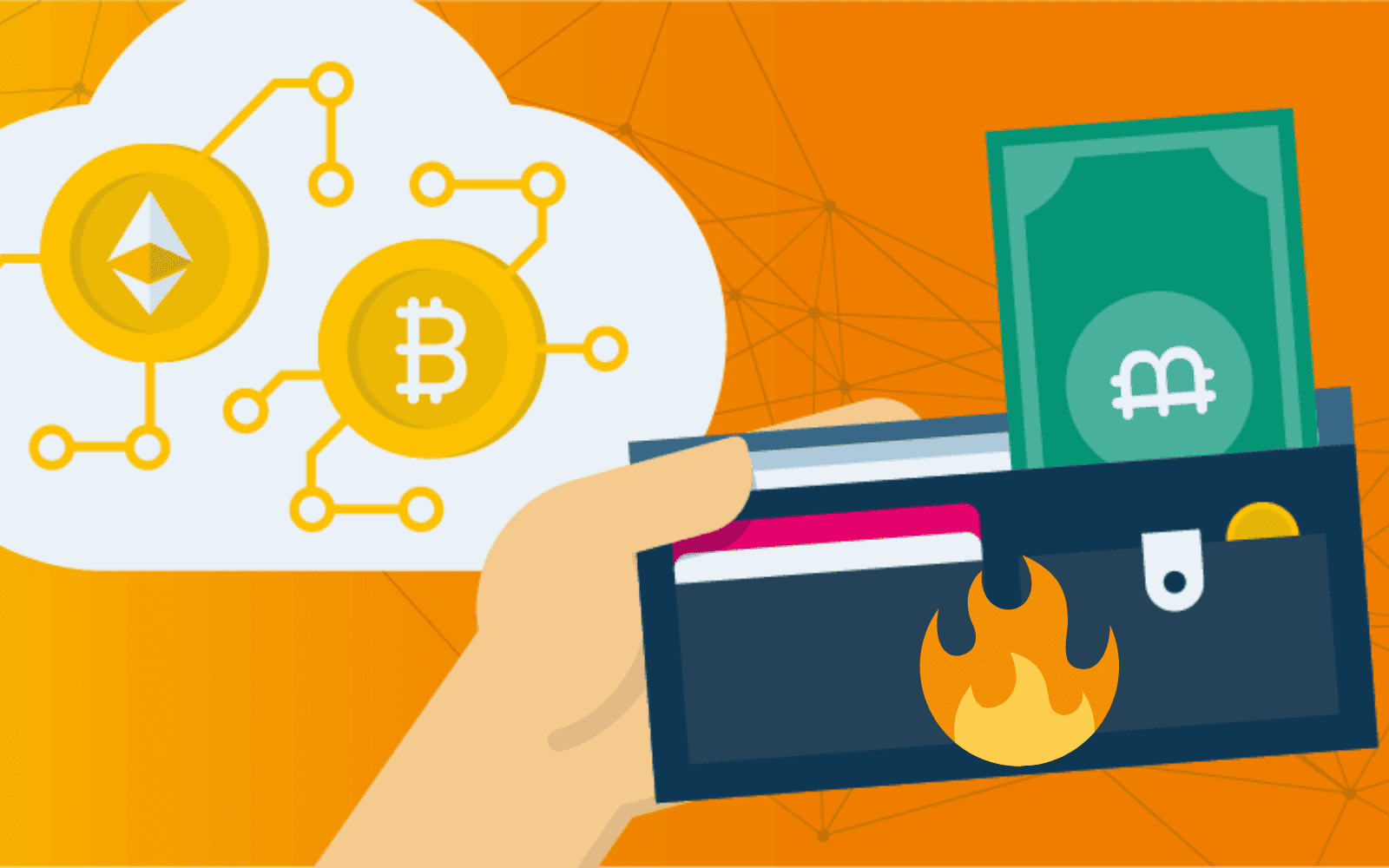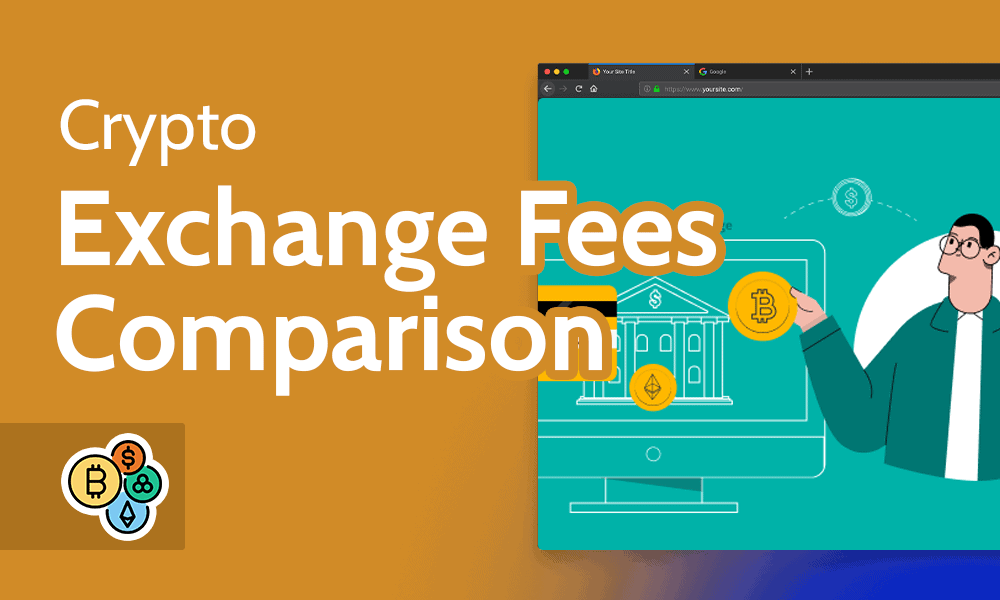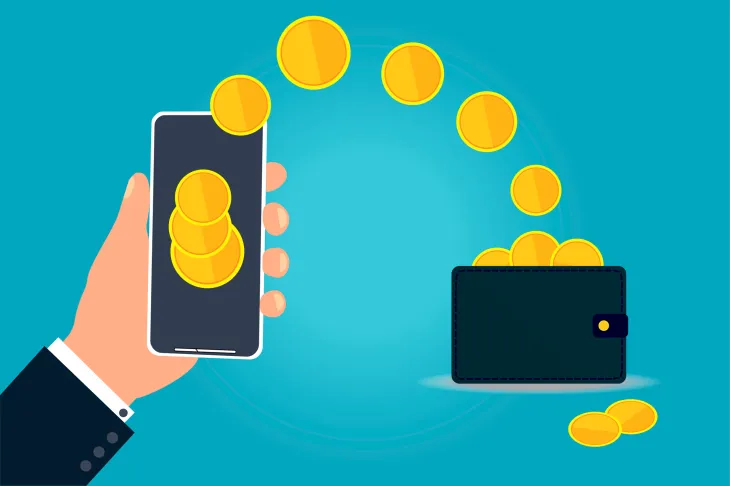How to Choose a Cryptocurrency Exchange: Your Ultimate Guide
Diving into the world of digital money is thrilling, but it comes with big choices. How to choose a cryptocurrency exchange ranks high on that list. It’s crucial because your choice impacts how you’ll buy, sell, and handle your digital coins. I’ve cut through the noise and outlined key points to guide you. Let’s talk about what makes an exchange stand out, including its security ropes, fee lineup, coin variety, and user-friendliness. We’ll also walk through how it stands up to the law and supports its users. Time to make an informed pick and jump into crypto with confidence.
Understanding the Cryptocurrency Exchange Landscape
Criteria for Evaluating Crypto Exchanges
When picking a crypto trading platform, think about what you need most. First, define your trading style and goals. Do you want lots of coins or just a few popular ones? Do you trade a lot or just sometimes? Your answers will guide you.
Next, consider the user experience in crypto trading. The platform should be easy to use. It must fit your skill level. If you’re new, look for one with simple steps and helpful guides.
The fees and commissions for a crypto exchange matter too. No one likes high fees. Find an exchange that is upfront about its costs for trades and more. Don’t forget, they can add up fast.
Another point is to check the list of supported cryptocurrencies. If you have favorites, make sure they’re on the list. Some platforms have tons of options. Others stick to the big names. Choose one that matches your interest in diversity.
We cannot forget about exchange liquidity and volume. Liquidity means you can buy or sell quickly. Volume is how much trade happens on the platform. High volume often leads to better prices and quicker trades.
Lastly, consider the payment methods for cryptocurrency trading. Your platform should work with how you like to pay. Some use bank transfers, others credit cards or online wallets. And, if you’re using cash, look for fiat to crypto exchange options.
The Importance of Security Measures
Security matters a lot. You want your investments safe. Look for security measures of exchanges that guard against theft and hacking. Strong security means peace of mind.
Two-factor authentication (2FA) is a must. It adds a second check to make sure it’s really you. It often uses your phone or an app for this extra step. Make sure the platform has it.
Cold storage availability is also key. This means storing digital currencies offline. It can protect from online threats. Many good exchanges use this to keep most of the customers’ funds safe.
Insurance and asset protection matter too. If something bad happens, like a hack, will your funds be covered? Check into the platform’s insurance policy. Ensure they have one and understand what it covers.
Regulatory compliance is another big piece. Platforms that follow rules might be safer. Look into the crypto exchange regulatory compliance where you live. It’s a sign of a platform’s trustworthiness.
Lastly, read peer reviews of crypto exchanges. What have others said about their experiences? Honest reviews can tell you about the strengths or issues of a platform. They can even cover bits not found on the official site.
Remember, taking the time to evaluate digital currency exchanges well can save headaches later on. This bit of homework can pay off big in a secure and enjoyable trading experience.
Analyzing Fees, Liquidity, and Supported Currencies
Fees and Commissions Structure
When you’re picking a crypto trading platform, think about the cost. Every trade, deposit, or withdrawal has a fee. You want a fair deal, so low fees are best. Some charge a set price, others take a percentage. Always check the fine print to avoid surprises.
Remember, cheap can mean low quality. If fees seem too good, they might skimp on security or support. Find a balance. A good practice is to look at the fees and commissions for crypto exchange and measure them against the services offered.
Exchange Liquidity and Asset Diversity
Now, let’s talk about how much money moves in an exchange, also called liquidity. More money and users mean you can buy or sell fast and at prices you expect. High exchange liquidity and volume are signs of a strong platform.
Look out for what coins an exchange supports. More options keep your trading flexible. A supported cryptocurrencies list with more names gives you more choices. It’s frustrating to join an exchange only to find that it doesn’t trade the coin you want.
Let’s not forget fiat to crypto exchange options. Many people start with fiat, or traditional money, to buy crypto. Check if the platform supports your local currency to make things easier.
When you select a crypto trading platform, consider these details carefully. They affect how long you stay and how good your trading goes. And getting it right from the start sets you up for success in this exciting market.
User Experience and Accessibility Features
Ease of Use: UI/UX Considerations
When you’re selecting a crypto trading platform, think simple. A clean design helps you buy and sell without fuss. Look for easy navigation and clear instructions. These things make a big difference. Your time is gold. Don’t waste it on a confusing site. Great platforms guide you smoothly from sign-in to trade.
Graphics should be pleasant and helpful, not just flash. Your dashboard must show key info fast. Can’t find your balance or how to set trade? That’s a red flag. Good UI/UX means fast, easy moves in trading. This keeps stress low. Tool tips and one-click features are a huge help.
What about on the go? A solid mobile app is vital. Check that the platform you consider works well on your phone. A mobile app should offer all desktop features. This includes real-time data and account tools. If it crashes or lags, avoid it. Your trades should be as mobile as you are.
Payment and Withdrawal: Convenience and Limits
Moving money in and out should be a breeze. Look for crypto exchanges that offer various payment methods. Bank transfers, credit cards, even PayPal should be options. More ways to pay means more freedom for you.
Limits matter too. Ask, “What are the withdrawal limits?” These should fit your needs. If they’re too tight, you could get stuck. High fees for withdrawals? Look elsewhere. You don’t want your profits eaten up by costs.
Deposits should be fast and easy. The same goes for cashing out. Slow payouts are a hassle. They can mess with your financial plans. A good exchange aligns with your cash flow needs.
So, when you evaluate digital currency exchanges, think about day-to-day. A stellar user experience is a sign of a top-notch platform. It shows the site was made with a trader’s needs in mind. Watch out for hidden fees. They can sneak up on you. Fees should be clear from the start.
Remember to read peer reviews. They give real-life insights on these features. And if something goes wrong, help should come quick. Exchange customer support standards are crucial. Don’t overlook this.
In summary, your exchange should be your trading ally. From fast logins to smooth cash outs, it should work with your rhythm. Smart designs and smart systems open the door to crypto trading that feels almost easy. Keep this checklist in hand, and find a crypto trading platform that keeps the tech hassle out of your trading hustle.
Regulatory Compliance and Support Infrastructure
Navigating KYC and AML Regulations
When you’re choosing a crypto trading platform, think about rules. Yes, rules! They keep your money safe. So, what’s KYC? It stands for Know Your Customer. It means the exchange checks who you are. They might ask for ID like a driver’s license. It’s just like when you join a club, and they want to see your school ID.
But why do they check? Because of AML, which is short for Anti-Money Laundering. It stops bad guys from using money in a bad way. Imagine you had a piggy bank. You’d want to make sure no one put fake money in it, right? That’s what AML does for exchanges.
Selecting a crypto trading platform that follows KYC and AML shows they care about safety. And you want that. You don’t want to play in a park that’s not safe! Make sure you check these things before joining an exchange.
The account verification process can take a bit of time. But think of it as building a fort. You can’t rush it. If you do it right, it’s safer and more fun to play in. The same goes for a safe exchange with good rules. You’ll enjoy trading more knowing you’re in a safe space.
Accessing Customer Support and Educational Resources
Ever got stuck in a game and needed help? Support is like that. When trading crypto, you need good helpers, too. Crypto can be tricky, like a hard video game level. But with the right tips and helps, you can beat the level!
Look for an exchange with a team that’s fast to help. They should answer your questions, just like a teacher does. Good customer support lets you trade without big worries. It’s like having a safety net when you’re learning to ride a bike.
And what about learning? Just like school, some homework helps. Crypto trading platforms should teach you things. They should have guides and videos, like tutorials for your favorite games. This helps you get better at trading.
So, when you evaluate digital currency exchanges, check their help and learning stuff. If they care about teaching you, they’re likely a good place to trade. It’s like choosing a school. The best ones help you learn a lot!
Remember, selecting an exchange is not just about making money. It’s about being smart and safe while having fun. So, ask mom or dad to help check for these things! They’ll want you to play on a safe ground, just like you do.
In this post, we dove into the world of crypto exchanges, breaking down how to pick the right one for your needs. We looked at how important security is and why fees, liquidity, and the types of money you can trade matter a lot. We also talked about how the exchange should be easy to use and let you take out your money without a headache.
As someone deep in the crypto game, I know these points can make or break your trading experience. Always check how an exchange lines up with these key areas before jumping in. Remember, your choice shapes your crypto journey, so choose wisely and trade safe. Keep learning, keep trading, and let the digital coins roll!
Q&A :
What factors should I consider when choosing a cryptocurrency exchange?
When you’re in the process of selecting a cryptocurrency exchange, there are several important factors to keep in mind to ensure a secure and satisfactory trading experience.
- Reputation and Trust: Research the exchange’s track record. Look for user reviews and feedback on forums like Reddit or BitcoinTalk.
- Security Measures: Inquire about the exchange’s security protocols, such as two-factor authentication (2FA), offline cold storage, and insurance policies against hacks or theft.
- Fees: Understand the fee structure, including trading fees, withdrawal fees, and any other potential charges that may apply to ensure they align with your trading habits.
- User Interface: Choose an exchange with an easy-to-use interface, especially if you’re a beginner. Complexity without good usability can lead to costly mistakes.
- Supported Cryptocurrencies: Check if the exchange supports the cryptocurrencies you’re interested in trading.
- Payment Methods: Consider how you can deposit and withdraw money. Look for exchanges that support your preferred payment methods for convenience.
- Regulatory Compliance: Ensure the exchange complies with regulations in your jurisdiction to avoid legal issues and enjoy a layer of investor protection.
- Customer Support: A responsive customer service team can be invaluable, especially when dealing with financial assets.
How can I assess the security of a cryptocurrency exchange?
Evaluating the security of a cryptocurrency exchange is crucial, as it relates directly to the safety of your funds. Here are some key points to assess:
- History of Security Breaches: Check if the exchange has experienced security incidents in the past and how they were handled.
- Security Features: Look for the presence of security features like 2FA, SSL encryption, cold storage, and multisig wallets.
- Insurance Fund: Find out if the exchange has an insurance policy to protect users’ assets in case of a security breach.
- Compliance and Audits: Ensure the exchange undergoes regular security audits by reputable firms and adheres to industry compliance standards.
- User Security Education: A reliable exchange should provide users with education on how to secure their accounts and recognize phishing attempts.
What are the signs of a reputable cryptocurrency exchange?
To determine if a cryptocurrency exchange is reputable, consider the following indicators:
- Longevity: Exchanges that have been around for a longer time are generally more reliable.
- Positive Reviews: Look for a consistent pattern of positive reviews across different platforms.
- Transparency: The exchange should provide clear details about their operations, team, and legal entity.
- Volume and Liquidity: Higher trading volumes indicate a healthier market and typically lead to better prices and faster transactions.
- Community and Partner Engagement: A reputable exchange usually has active engagement with the crypto community and established partnerships in the industry.
Can the location of a cryptocurrency exchange affect my trading experience?
Yes, the location of a cryptocurrency exchange can have several implications on your trading experience:
- Regulation: Different countries have different regulations; trading on an exchange based in a strictly regulated jurisdiction may offer more protection but potentially more KYC (Know Your Customer) hurdles.
- Currency Support: Some exchanges only support certain fiat currencies for deposits and withdrawals, which might affect conversion fees and convenience.
- Time Zones: The exchange’s operating hours can be influenced by their location, potentially affecting the timing of customer support and market-moving announcements.
- Legal Recourse: Should an issue arise, your ability to seek legal recourse can be affected by the location and the laws governing the exchange.
How do fees impact my trading on cryptocurrency exchanges?
Fees are an important consideration as they can significantly affect your trading profitability, especially if you are a frequent trader. Different exchanges have different fee structures, including:
- Trading Fees: Usually expressed as a percentage of the trade value; some exchanges offer lower fees for higher trade volumes or use their own tokens.
- Deposit and Withdrawal Fees: Charges associated with moving funds to or from the exchange. Some exchanges offer free deposits or withdrawals for certain currencies or payment methods.
- Network Fees: When withdrawing cryptocurrencies, you may have to pay network fees, which are not controlled by the exchange but by the blockchain network.
- Hidden Fees: Be aware of any additional fees that may apply to your transactions, such as fees for using certain payment methods or fees hidden within the exchange rate of a pair.
Understanding the full fee schedule of an exchange will allow you to manage your trading costs effectively.



